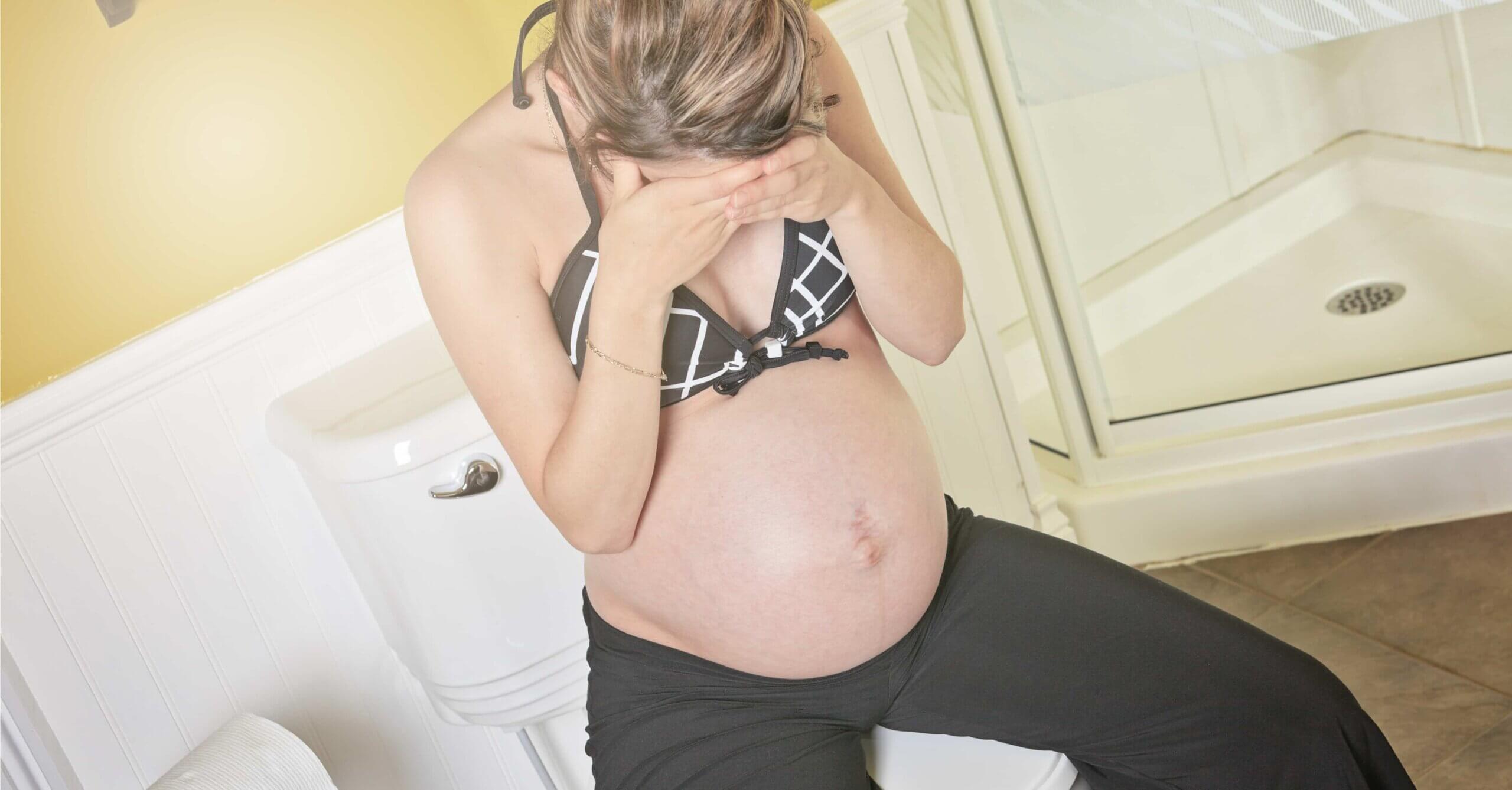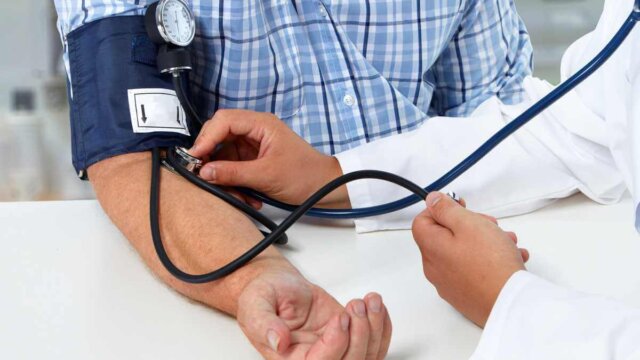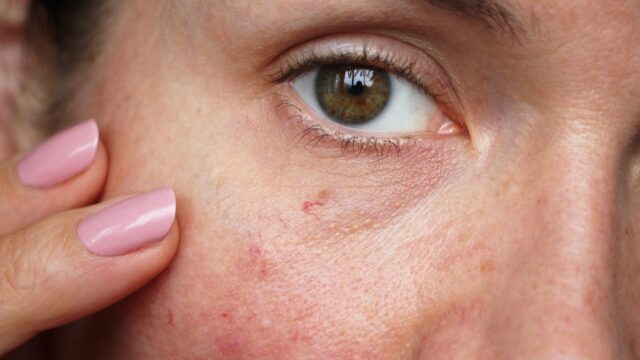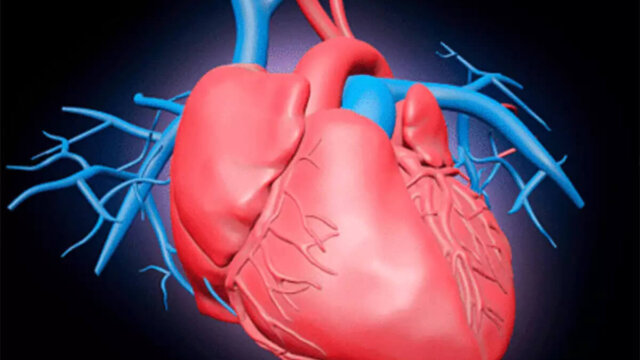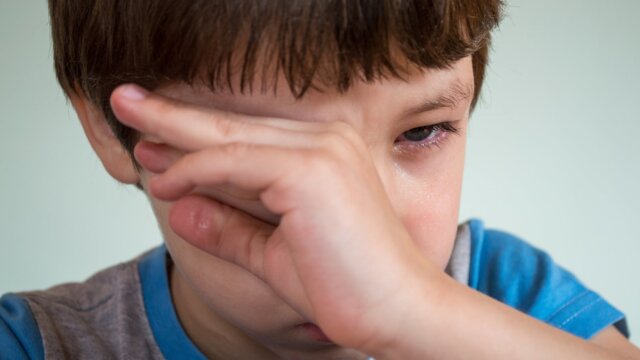FTC disclaimer: This post may contains affiliate links and we will be compensated if you click on a link and make a purchase.
Diarrhea is less common than constipation in pregnancy. However, the reason for Diarrhea and constipation is the same as in non-pregnant women.
But, during pregnancy, it may lead to an elevated hormone level.
Diarrhea in pregnancy should constantly be monitored closely by a medical professional because it can lead to complications that may threaten the fetus and jeopardize the pregnancy if it persists beyond two days.
The greatest danger of Diarrhea during pregnancy is dehydration; however, with infectious causes, there is also the risk of fever and a spread of the infection.
Sometimes Diarrhea occurs early in the first trimester along with nausea and vomiting (‘motion sickness), but it should not be considered a sign of early pregnancy. However, Diarrhea in later pregnancy may be a sign of impending labor.
What is Diarrhea in Pregnant Women
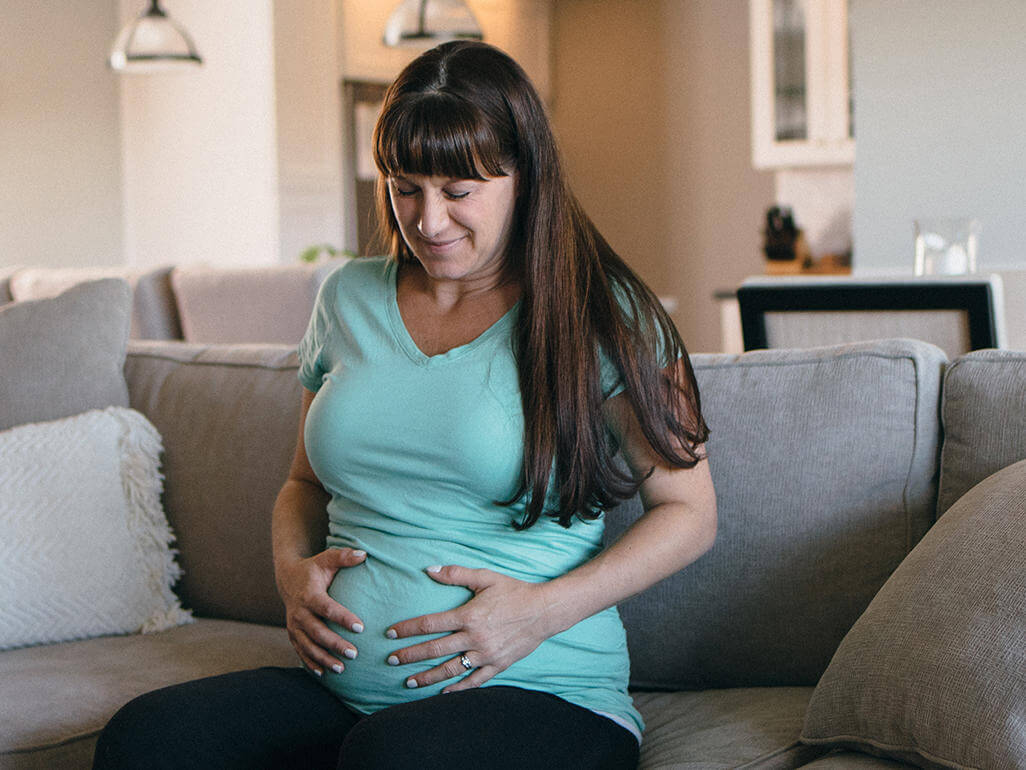
The term diarrhea is often used quite loosely to describe not only an increase in the frequency of bowel movements but even changes in stool consistency.
The proper definition of Diarrhea is three or more bowel movements in a day with the passage of 200g/200ml of stool within this period.
However, some people experience frequent bowel movements more often than the norm, particularly those with irritable bowel syndrome (IBS) and related disorders and specific medication.
Therefore you should focus more on the total quantity of stool passed out daily.
On the other hand, stool consistency, where the stool is loose or watery, may not constitute Diarrhea as per the definition but is nevertheless a deviation from the norm.
According to the research paper, Diarrhea during pregnancy may lead to adverse birth outcomes, including low birth weight, small for gestational age (SGA), and preterm birth.
What are Causes of Diarrhea in Pregnancy
Dietary changes or food intolerance
One of the more common causes of Diarrhea, or even more frequent bowel movement or loose stool, is dietary changes.
Many women adopt a healthier diet with plenty of fresh fruits and vegetables and water once pregnant. The increased fiber and water intake may cause more frequent movements and looser stool but not Diarrhea.
Gastroenteritis or food poisoning
Another cause is gastroenteritis or food poisoning. This is a common cause in any person, irrespective of pregnancy or gender.
Pregnant women may be at slightly greater risk with a large appetite and cravings, leading to unusual foods.
Sometimes cravings may lead to the consumption of indigestible materials. It is known as pica and is not uncommon in pregnancy.
It is more likely associated with nutritional deficiencies. Hormonal changes on their own or in the backdrop of pre-existing bowel diseases and food sensitivities may cause Diarrhea.
Other causes of Diarrhea in Pregnancy
The other causes of Diarrhea in Pregnancy are less common but can be found in association with Diarrhea.
- Medication side effects
- Irritable bowel syndrome
- Crohn’s disease
- Ulcerative colitis
- Celiac disease
- Viral infection like viral gastroenteritis
- Bacterial infections like E. Coli, Salmonella
- Intestinal parasites
What are Remedies and Treatment of Diarrhea in Pregnancy
Diarrhea should be assessed by a doctor and treated as necessary.
Rehydration
Rehydration during Diarrhea is essential to prevent complications. You can avoid dehydration with an appropriate intake of oral rehydration solution.
Eating Bland diet
At the same time, you can start the BRAT diet and a regular bland diet if a medical professional suggests it.
Moreover, the bland diet includes soft and non-spicy food low in fiber.
Also, you should avoid certain foods and drinks that are known irritants, particularly spicy foods, caffeine, and dairy.
Avoid Medication
You should avoid medication unless necessary and other measures like activated charcoal and probiotics are often helpful for infectious Diarrhea.
However, in some exceptional cases, it may require antibiotics. Common over-the-counter (OTC) anti-diarrheal drugs like loperamide can be safely used in pregnancy but should be advised by a doctor.
However, specific anti-diarrheal agents are contraindicated in pregnancy, and therefore pregnant women experiencing diarrhea should discuss the choice of medication with the doctor.
Bottom Line
Diarrhea during pregnancy is more common than other digestive issues.
Sometimes it will get cured by following natural remedies without medical attention.
The leading causes of Diarrhea during pregnancy are due to hormone shifting, stress, dietary changes, and the introduction of a new medication.
If Diarrhea in pregnancy persists for more than 2-3 days, then there is a need to reach your doctor.
Further, if it is left untreated, it may lead to dehydration, which can cause pregnancy complications.
